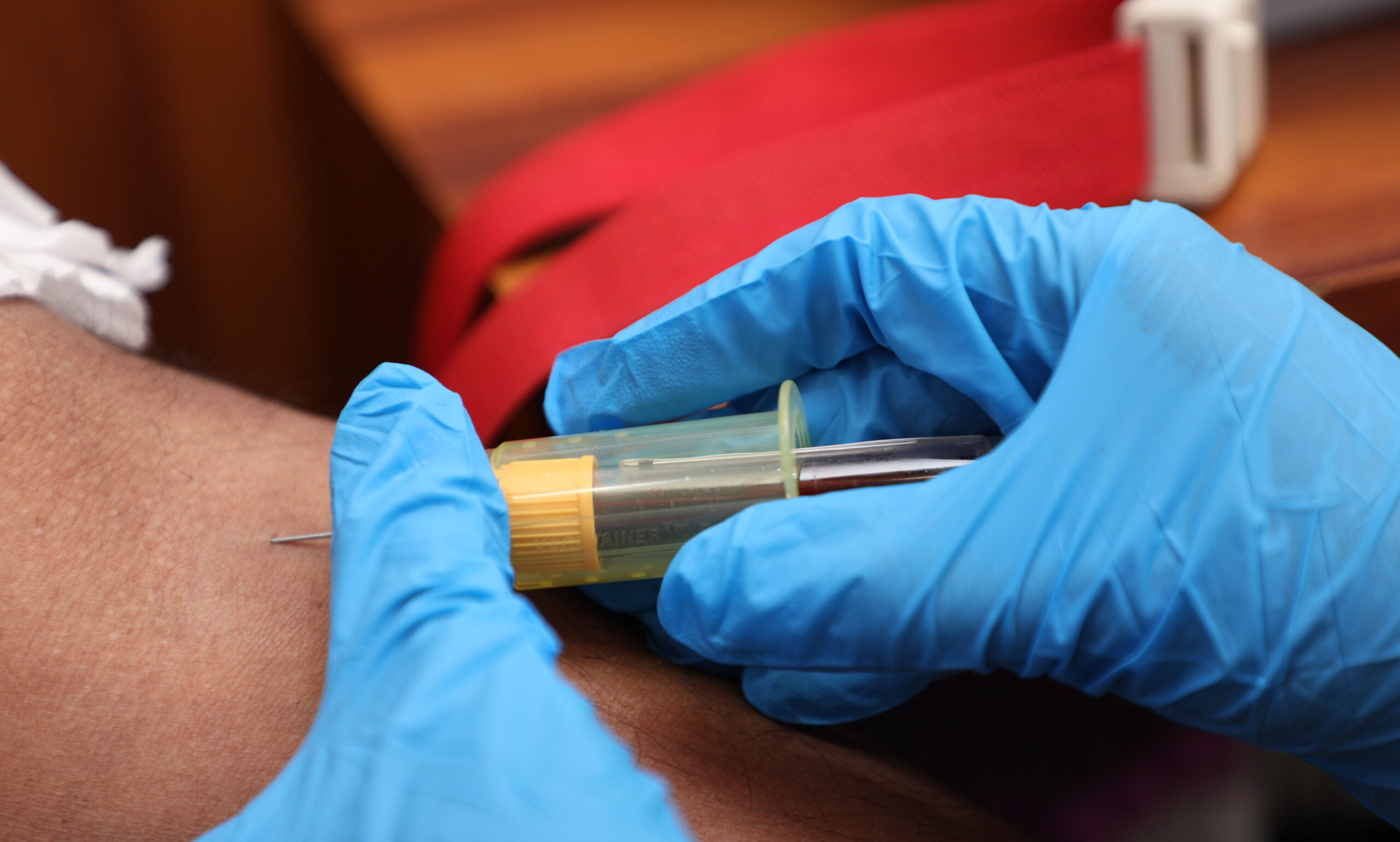
This article provides insights related to risk assessment and screening guidelines. If you have hit the 40s, additional health precautions become imperative for longevity. It is at the turn of 40 that the first symptoms of minor to life-threatening ailments start showing their first symptoms.
If not diagnosed at an early stage, depending upon one’s family medical history, life could take a turn for some tough times for yourself and your family. If your lifestyle and dietary habits haven’t been responsible enough, then, there are all the more reasons to keep an eye on the symptoms that one may otherwise ignore. This is where those men in the age group of 40 and above should undergo diagnostics screening periodically.
While one may feel alright, some of the critical parameters may be going off the mark. Noticing them in time would help in arresting or reversing the damage done.
Hence, regular pathology tests are essential to screen for medical illnesses, risk assessment of future health events and promote a healthy lifestyle.
“Preservation of vital bodily functions and timely detection of possible critical diseases become an essential task at the age of 40 years. Conditions related to the heart, endocrine system, liver and kidneys and lifestyle disorders such as cancer, diabetes and high blood pressure become exceedingly common between the age group of 40-60. Most importantly, if detected early through simple tests, one can avoid future complications due to these diseases,” shared Mumbai-based Dr Deepak Patkar, a senior radiologist with about three decades of medical experience.
Given one’s sedentary and urban lifestyle that has immense work pressures, stress and cholesterol are some of the most common anomalies that get diagnosed at an early stage. Dr Gautam Bhansali, consultant physician, Bombay Hospital & Medical Research Centre is of the view that cardiac-related issues crop up the most, while other diseases get detected including cancer.
Those who have a family history of diabetes as well as ones with a sweet tooth too should pay extra heed to their blood sugar levels.
While a couple of the most rudimentary tests such as blood pressure and sugar tests can be done at home, not all of them can be. Therefore, it is always recommended that a detailed examination is done under the supervision of an expert medical practitioner.
“Simple blood tests such as Prostate Specific Antigen (PSA) test and blood sugar test can help one detect chronic kidney diseases and diabetes in time to if not reverse, manage the conditions and remain healthy. Routine physical examinations like colonoscopy and dental check-ups have a high success rate of detecting colon cancer and oral cancers in most patients,” said Dr Patkar, “An ECG performed once a quarter can accurately diagnose if the rhythm of your heart or the blood supply is regular or has an anomaly that needs medical attention. By simply keeping a track of blood pressure, your doctor can predict the risk of heart attack, stroke or dementia.”
“Depending on the results of chest X-Ray and ECG that throws details on the cardiac markers, if any anomaly is seen, 2D or 3D echo tests may be suggested. Stress, anxiety and cardiac issues are some of the most common conditions that are diagnosed. The other common one is cancer,” Dr Bhansali shared.
The frequency of each of the screening varies from six months to every ten years informed Dr Ashish Tiwari, medical director, Inlaks Hospital, Mumbai.
Screening guidelines
Blood pressure and ECG
Should be checked at home, weekly. Under a doctor’s supervision, it should be done twice a year.
Cholesterol
Doctors advise serum cholesterol or lipid profile every five years. If parameters from these are high, then it has to be done every year.
Diabetes
Once 40 years, check blood sugar every two to four years. If under treatment, then it has to be done twice a year.
Colorectal cancer
After the age of 45:
- Stool test – Once in two years
- Sigmoidoscopy – Every five years
- CT Colonoscopy or Colonoscopy – Every ten years
Ulcerative colitis
Dr Tiwari recommends colonoscopy every five years
Dental check-ups
Twice a year
Eye examination
Every three to four years. But if one has diabetes then it should be done yearly.
Flu vaccine
Annually
Lung cancer
Every year if:
- One is smoking (Over 20 packs yearly)-
- Quit smoking in the last 10 years
Osteoporosis screening
After 50 years:
- Long-term steroid use
- Low body weight
- Smoking
- Alcohol use
- Fracture after the age of 50
BMI
It should be below 25
Prostate cancer screening
After 55 years, Serum Prostate Specific Antigen test should be done yearly
Mental illness
On hitting 40 years, annually, for depression and other mental disorders.
“Colorectal, lung and prostate cancers are life-threatening,” added Dr Tiwari.
Thus, these routine tests are recommended to all men over the age of 40, to trace anomalies and track immune responses of the body to certain diseases to take the necessary steps and live a healthy life.

















